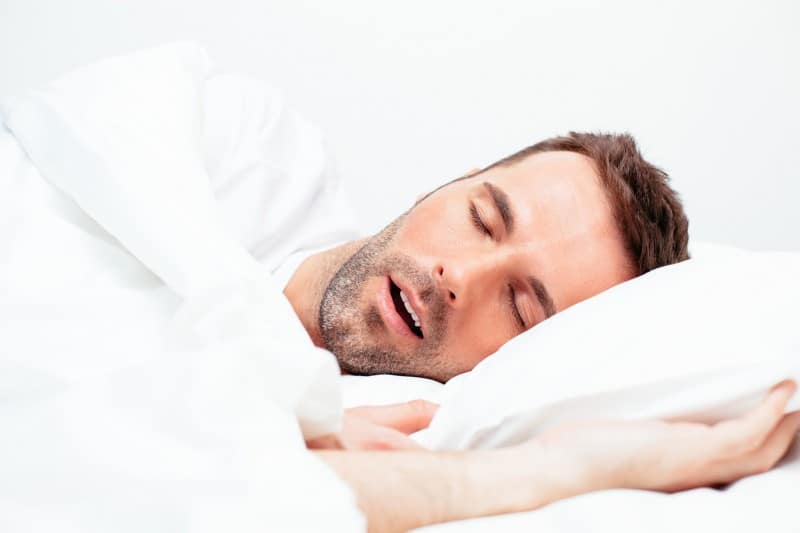When it comes to treating sleep apnoea, there are two primary options: continuous positive airway pressure (CPAP), which circulates air during sleep via a mask, and oral appliances, which hold the jaw in an optimal position and promote an open air passage.
On a broad level, both therapies have demonstrated success in managing obstructive sleep apnoea (OSA), the most common form of sleep apnoea and a life-threatening health condition that can increase your risk for heart disease, high blood pressure, diabetes and other problems if not treated. However, many patients discontinue CPAP use because they find it uncomfortable, and there are some questions about whether oral appliances are the best choice for patients with severe cases of OSA. A recent study at the University of Sydney compared the efficacy and effectiveness of CPAP and oral appliances for the treatment of obstructive sleep apnoea.
Semantics in Sleep Apnoea Treatment
Researchers at the University of Sydney’s Department of Respiratory and Sleep Medicine probed “efficacy versus effectiveness” of the two most commonly prescribed treatments for OSA, and the distinction between the two words is especially important when it comes to sleep apnoea therapy.
Efficacy pertains to how well a treatment works under ideal circumstances. Effectiveness refers to how well a treatment works in the “real world,” where the treatment conditions are not controlled. For a chronic condition like sleep apnoea, effectiveness is critical.
While the efficacy of CPAP is undeniable, its effectiveness in many circumstances is debatable. CPAP has low patient adherence rates, and previous studies suggest that upward of half of those prescribed CPAP abandon treatment.
Study Finds Similar Health Outcomes
The randomized trials cited in the research yielded some interesting, if not definitive, results.
Patients treated with oral appliances demonstrated better usage rates, and those who tried both CPAP and oral appliances often reported preferring the oral devices. However, there is significant variability in the levels of OSA symptoms among individuals, and the study indicated that those with severe OSA who use oral appliances may be left with some residual effects.
Researchers acknowledged that effectiveness is difficult to accurately assess because of the lack of control in real world settings, but when they analyzed comparative data between CPAP and oral appliances, they found similarities in reduced daytime sleepiness, improved blood pressure, better driving performance, and enhanced quality of life.
The Importance of Sleep Apnoea Treatment
The results, according to the study’s authors, suggest that the most effective sleep apnoea treatment may be the one that a patient will adhere to long term, whether it’s CPAP or an oral appliance.
Sleep apnoea, and particularly OSA, poses risks to both the sufferer and others. In addition to the personal health threats, OSA has been linked to a heightened probability of motor vehicle accidents and workplace accidents. Treatment is critical to both improve symptoms, such as chronic snoring, and to prevent the long-range, adverse health effects.
The Sydney dentists at My Hills Dentist have helped many patients restore healthy, natural sleep with the use of custom-made oral appliances. If you or a loved one suffers from chronic snoring or frequent breathing interruptions during sleep, please call us today at (02) 9686 7375 to schedule your appointment at our Baulkham Hills office.


